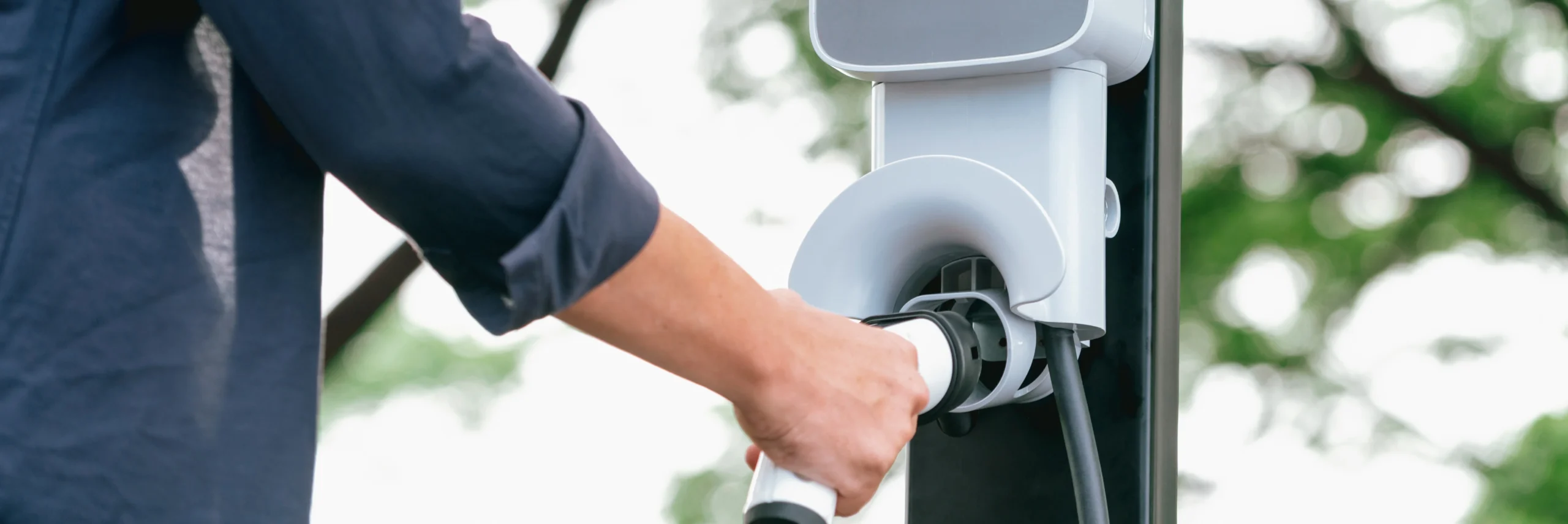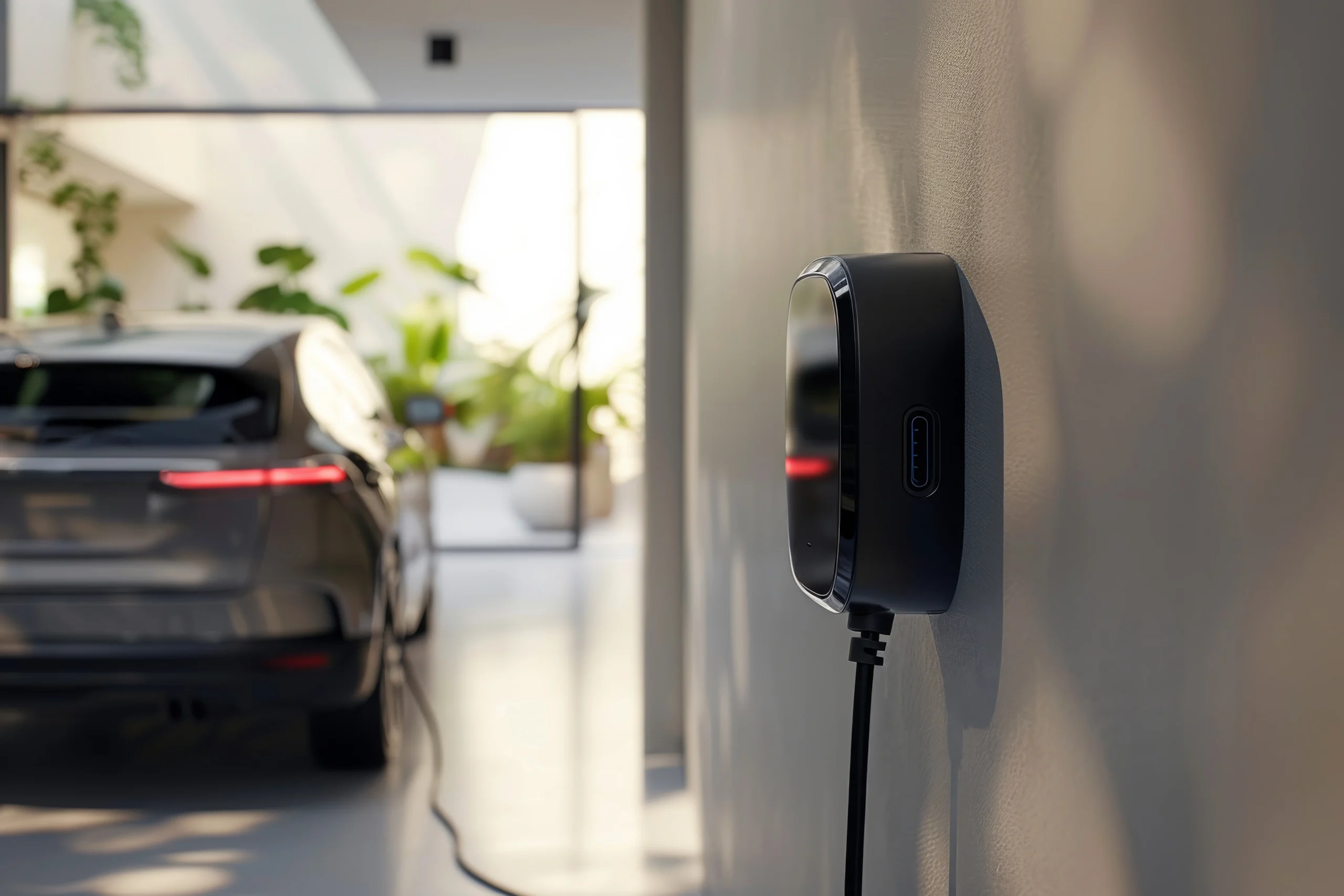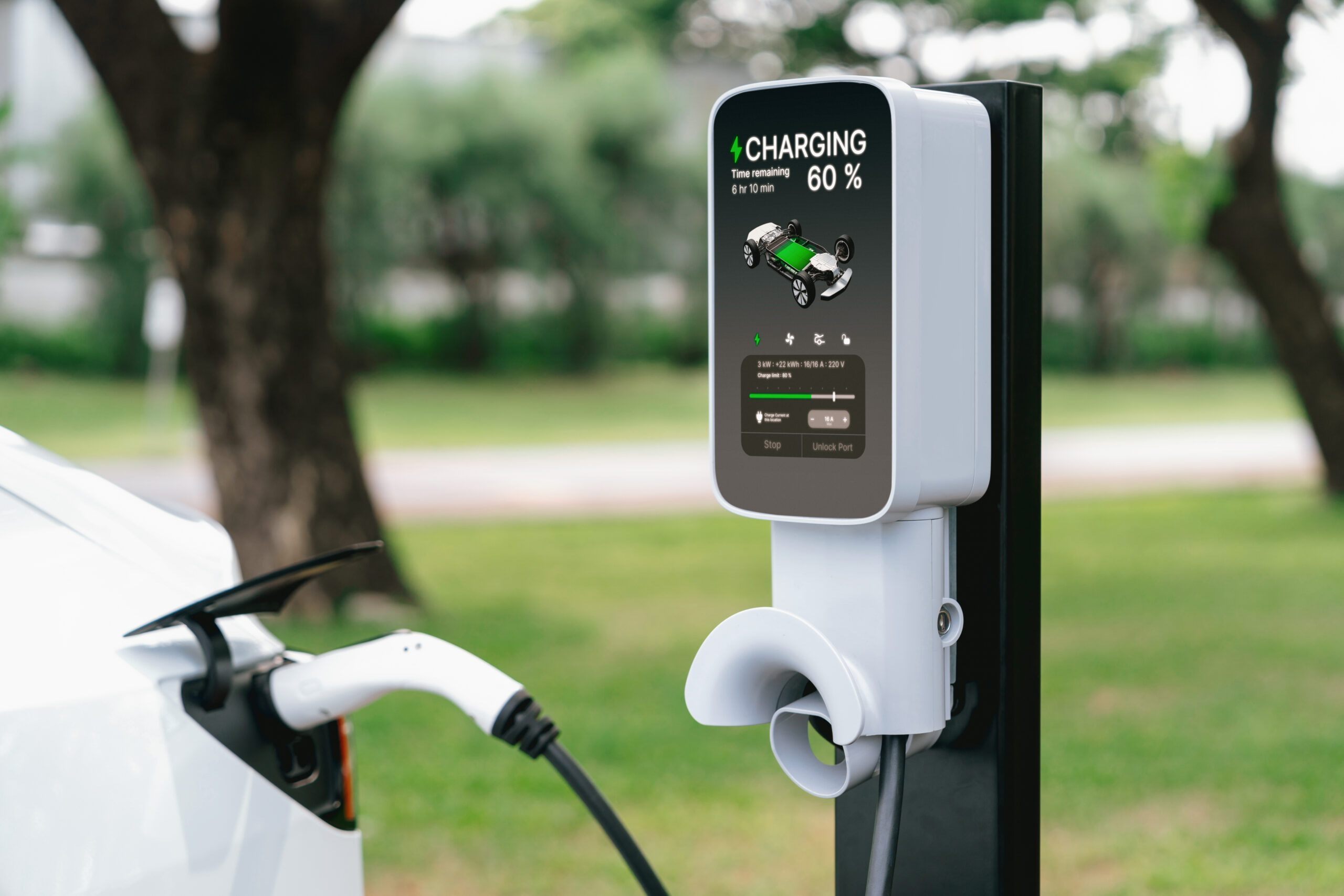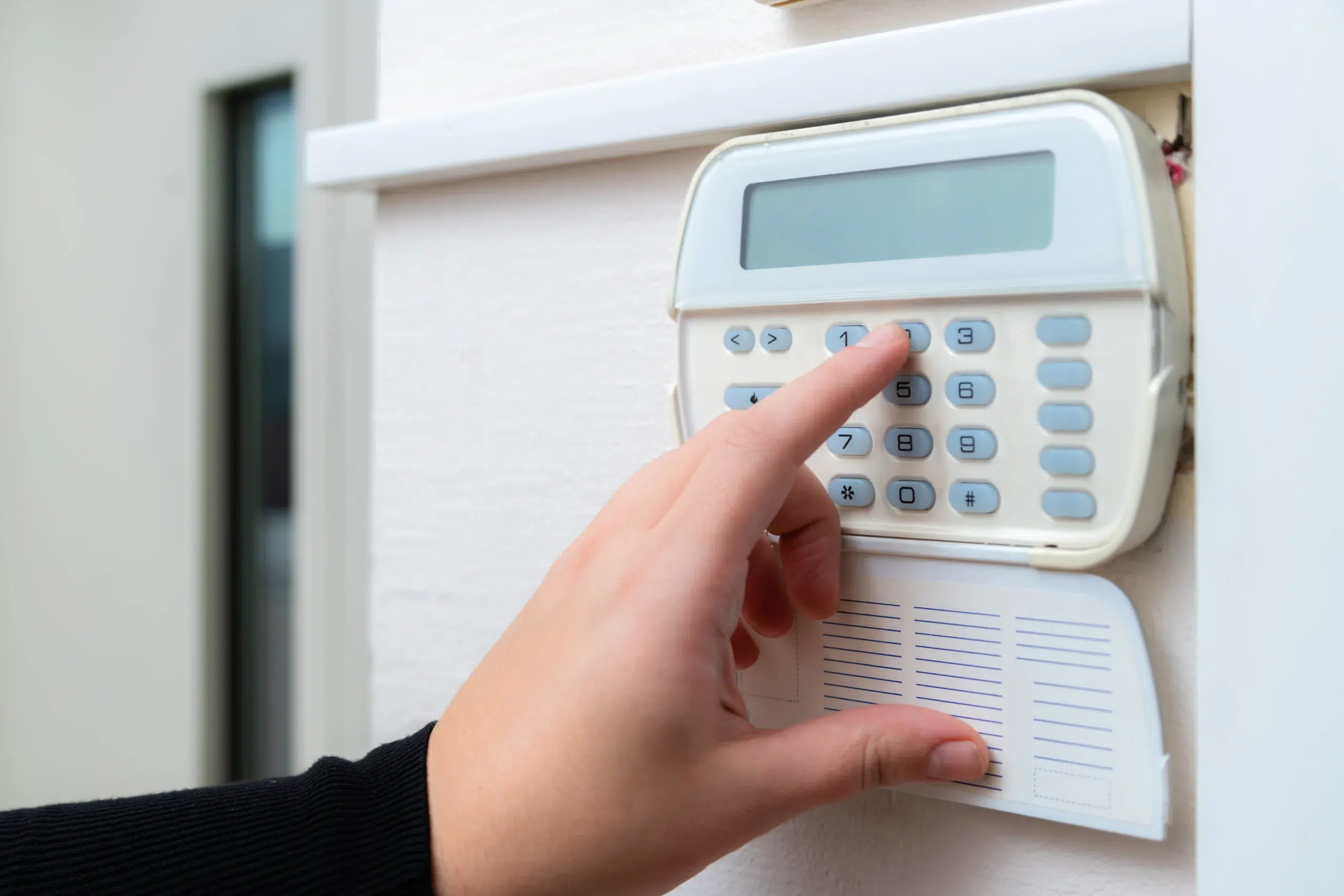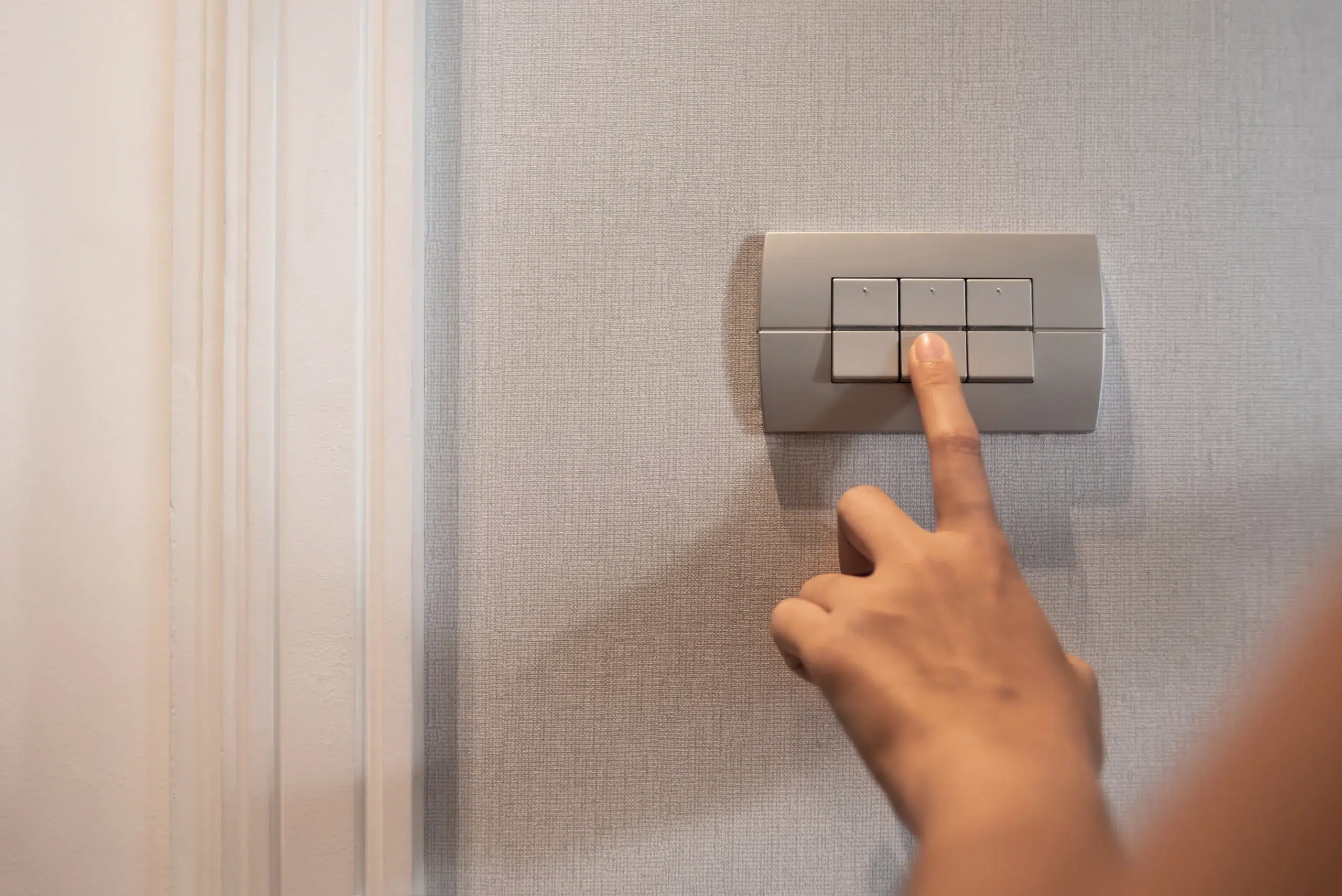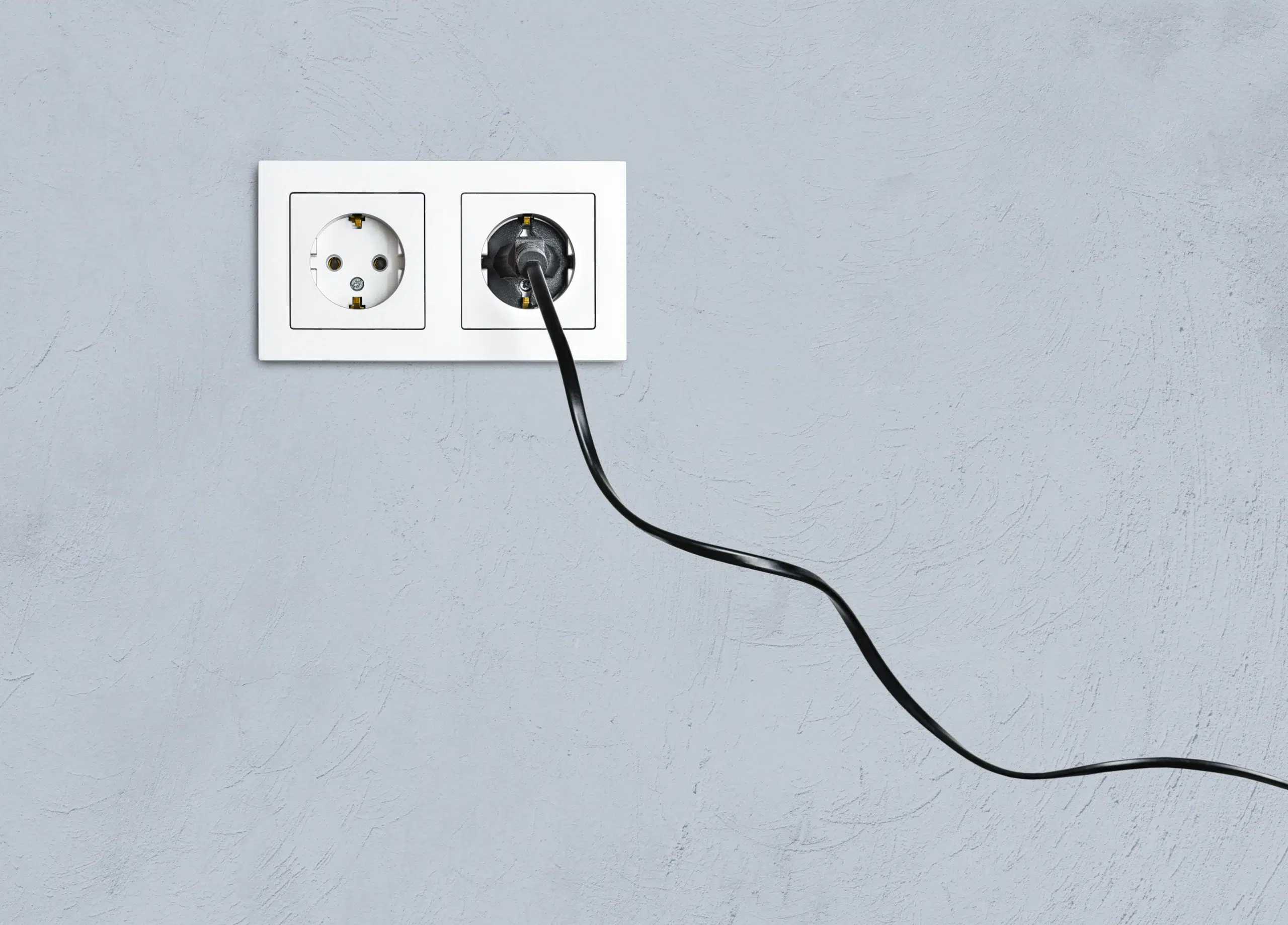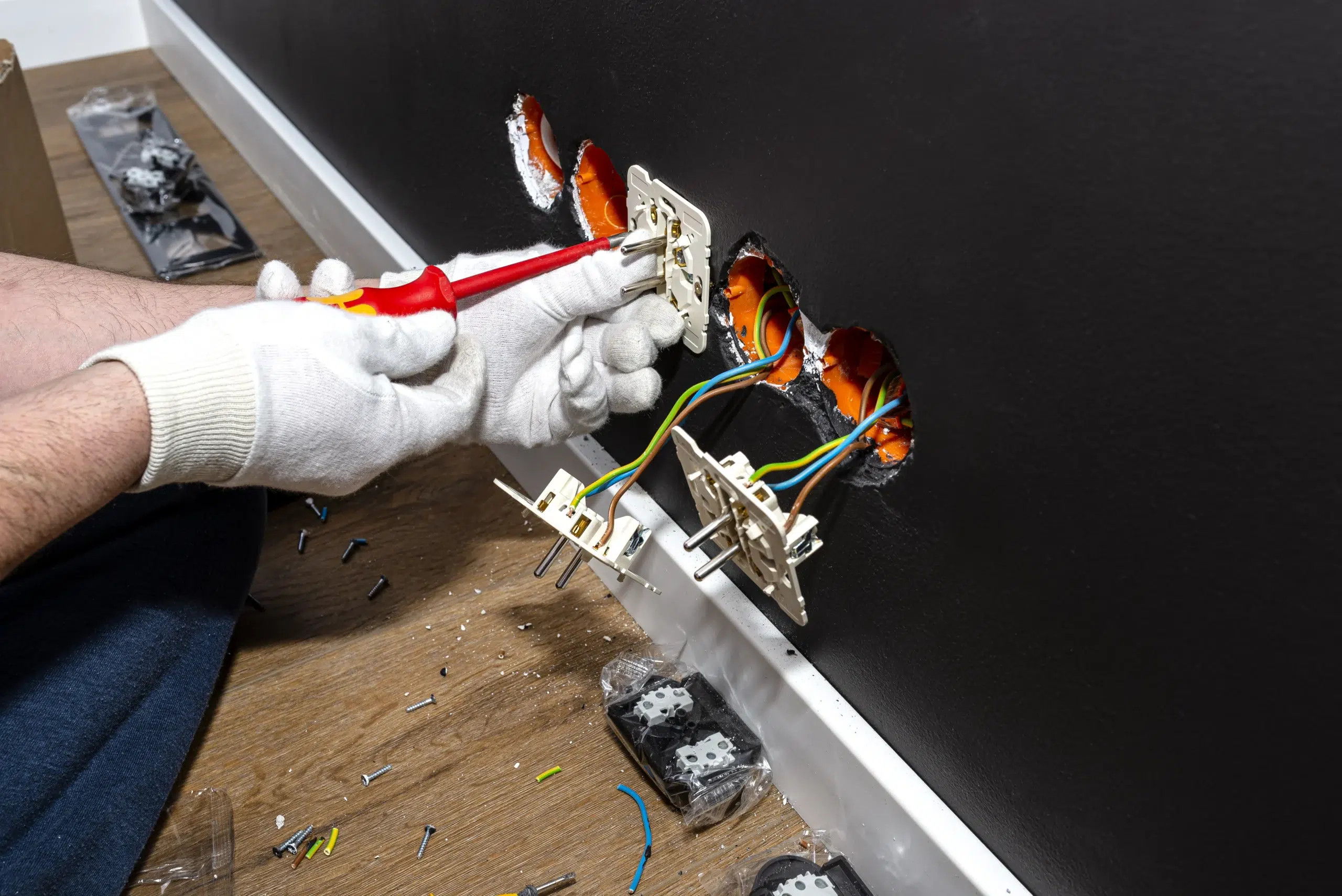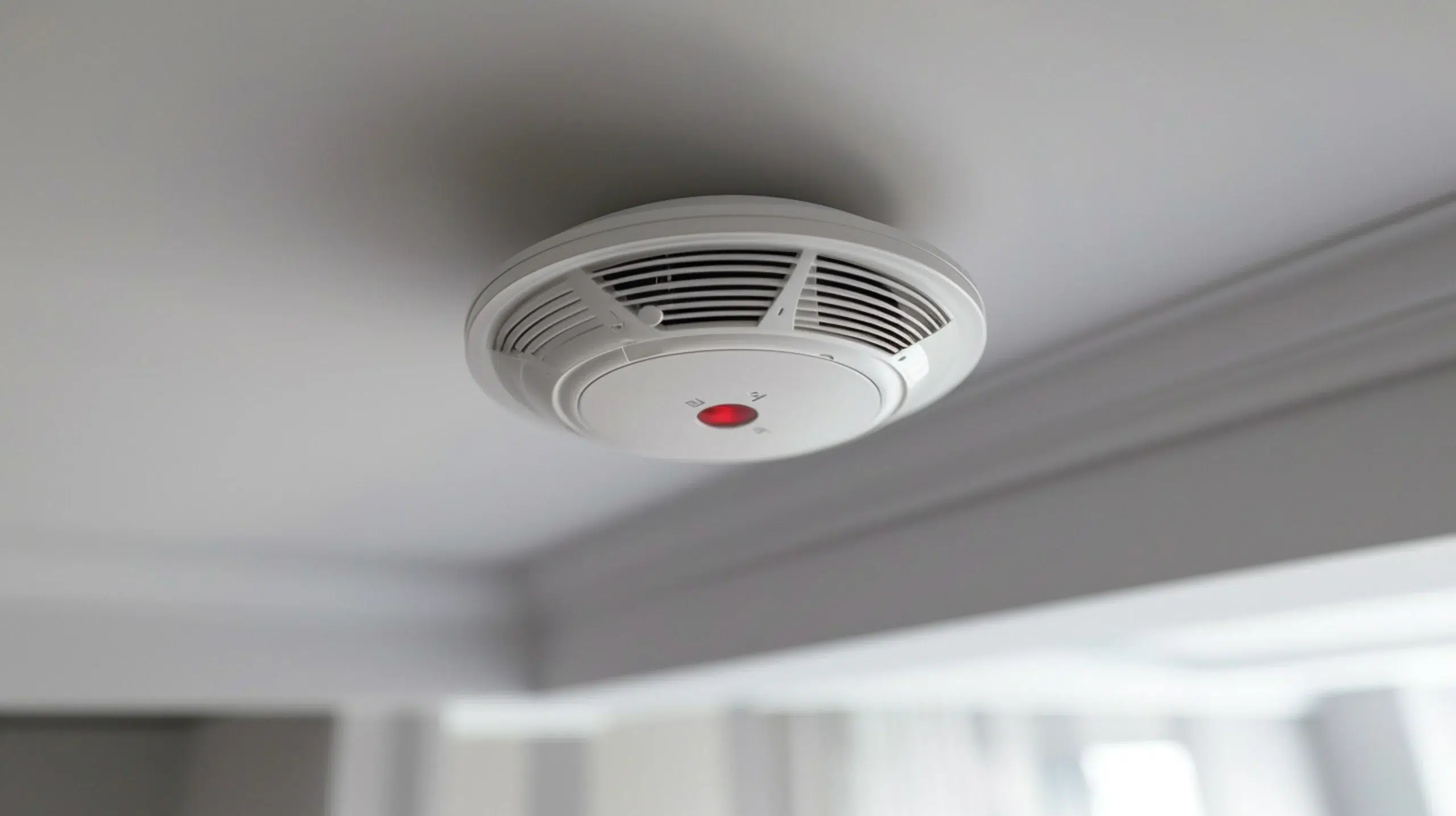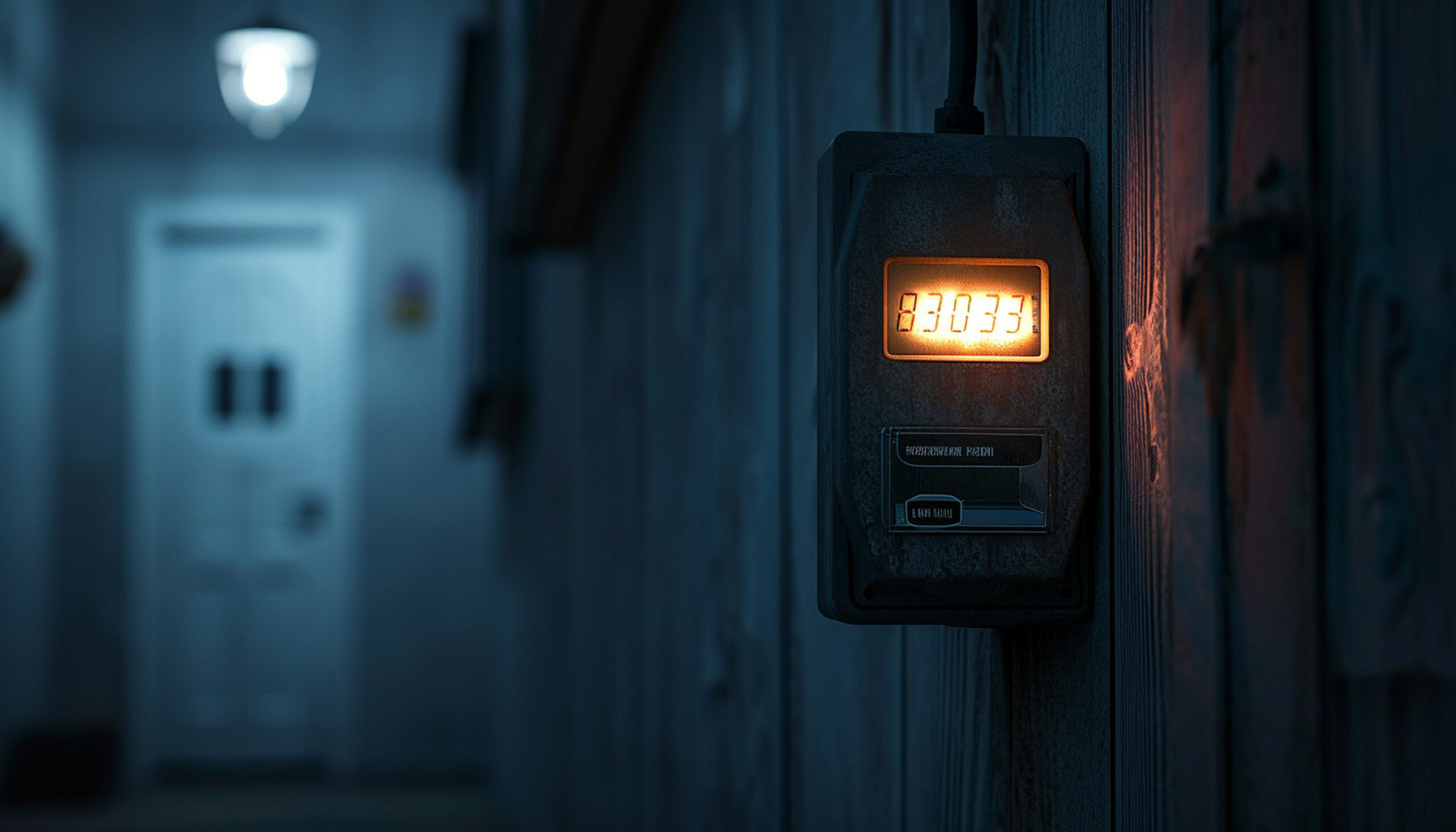Power Outage in Just One Room? Here’s What Could Be Causing It
Category:
Experiencing a sudden power outage in just one room of your home can be frustrating and confusing. Unlike a full blackout that affects the whole property, a single-room outage usually points to a localised fault. Understanding the possible causes can help you decide whether it’s a quick fix or an issue that requires a licensed electrician.
At OTHS, we understand how disruptive this can be. Our licensed electricians are available to diagnose the cause, restore power safely, and ensure your system complies with Australian standards, so you can get back to normal without worry.
Common causes of power outage in one room
When only one room is affected, it usually indicates an issue in the wiring, appliances, or protective devices that serve that specific circuit. Here are the most common causes:
Tripped circuit breaker
Circuit breakers are designed to cut power when too much current flows through a circuit, preventing overheating and electrical fires. If you’ve had multiple devices running in one room, such as a heater, TV, and gaming console at once, the breaker may trip. Resetting it may restore power, but if it trips repeatedly, it points to an underlying fault.
Faulty electrical outlet or switch
A faulty power outlet or wall switch can stop electricity from flowing to parts of a room. Outlets may become loose, overheat, or show scorch marks, which are signs of damage. This could be isolated to one outlet or may affect the entire circuit if the fault spreads.
Wiring issues
Damaged or deteriorating wiring can interrupt the power supply to a single room. This is common in older homes with outdated cabling or where rodents have chewed wires in roof spaces or wall cavities. Wiring issues are a fire hazard and should never be ignored.
Blown fuses
In homes with older fuse boxes instead of modern circuit breakers, a blown fuse can cut power to one room. Fuses melt when overloaded, breaking the circuit. Replacing fuses may temporarily restore power, but frequent failures suggest a need for upgrades.
Faulty appliances
Sometimes the culprit is not the circuit at all, but a faulty appliance. A malfunctioning lamp, heater, or kettle can short out when plugged in, cutting power to the outlet and tripping the breaker. Testing appliances on other outlets can help isolate the issue.
Basic checks you can safely perform at home
When power cuts out in just one room, it’s natural to want to investigate before calling an electrician. While we always recommend leaving electrical repairs to the professionals, there are a few safe checks you can carry out on your own. These won’t fix the problem if it’s serious, but they can help you figure out whether it’s something simple or a sign of a bigger fault.
Inspect the circuit breaker or fuse box
Your first stop should be the switchboard. Modern homes usually have circuit breakers that trip when there’s too much current, while older homes may still use fuses. If you see a breaker flipped to “off” or a blown fuse, that could be why one room has no power. Resetting the breaker or replacing a fuse may restore power, but if the same issue happens again, it’s a strong sign that something needs professional attention.
Examine outlets and switches
Take a closer look at the power points and light switches in the affected room. If you notice black marks, a burning smell, unusual warmth, or buzzing noises, these are clear signs of damage. Outlets and switches can fail over time, and continuing to use them may put you at risk of shock or fire. Never attempt to repair them yourself; simply stop using them and call an emergency electrician.
Check appliances
Sometimes the fault is not in the wiring but in an appliance. A damaged kettle, lamp, or heater can trip the circuit when it’s plugged in. The safest way to check is to unplug everything in the affected room, reset the breaker, and then plug appliances back in one by one. If the circuit cuts out when you plug in a certain device, you’ve found the problem.

When to call a licensed electrician
While quick checks can help identify simple issues, there are many situations where you should call a licensed electrician immediately. Electricity is dangerous to work with, and even small faults can become serious if left unattended. If you’re unsure at any stage, it’s always best to get professional help rather than risk safety.
Persistent power loss
If the power keeps going out in the same room despite resetting the breaker or checking appliances, it’s time to call an expert. Persistent outages point to a deeper problem with the circuit or wiring. A licensed electrician can carry out proper testing to pinpoint the fault and fix it before it becomes hazardous.
Signs of wiring damage
Some electrical issues come with warning signs you should never ignore. Burning smells, buzzing from outlets, flickering lights, or exposed wires are all serious red flags. In older homes, rodents can even chew through wiring in wall cavities or roof spaces, leading to dangerous faults. If you notice any of these signs, switch off the power at the main switch if safe to do so, and call an electrician immediately.
Upgrades and compliance
If your home still runs on old fuses or lacks safety switches, it may not meet modern Australian electrical standards. Outdated systems are more prone to faults and much less safe. An electrician can upgrade your switchboard, install safety switches, and bring your wiring up to code. This not only helps prevent outages but also ensures your home is compliant with current regulations.
Preventive measures to avoid future single-room outages
It’s also worth replacing worn or damaged outlets and switches as soon as issues appear, rather than waiting for them to fail. If your home still has ceramic fuses or outdated wiring, consider calling OTHS to upgrade your system to modern standards with circuit breakers and safety switches. Finally, always use quality appliances that meet Australian safety standards to minimise risks of short circuits and faults.
Conclusion
FAQ's
Why would only one room lose power?
This usually happens when the circuit serving that room is overloaded, a breaker has tripped, or there’s a wiring fault isolated to that area.
Can I reset the breaker myself?
Yes, it’s safe to reset a tripped breaker. However, if it trips again immediately, leave it off and contact a licensed electrician to investigate further.
What if only one outlet in the room doesn’t work?
A single faulty outlet may be damaged or loose. Do not use it until it’s been repaired or replaced by a professional.
Do faulty appliances cause power loss?
Yes. If an appliance shorts out, it can trip the breaker and cut power to the circuit. Testing appliances individually can help identify the faulty one.
Should I replace old fuses with circuit breakers?
Yes. Circuit breakers are safer, easier to reset, and offer better protection than old-style fuses. An electrician can upgrade your switchboard to modern standards.
How often should I get my wiring checked?
It’s recommended to have your home’s electrical system inspected every 5–10 years, or sooner if you notice recurring issues such as outages, flickering lights, or burning smells.
93 Exley Road Wedderburn NSW 2560 Campbelltown & South West Sydney
Why Installing Your Own EV Charger Could Void Your Car’s Warranty and Insurance
Why Installing Your Own EV Charger Could Void Your Car’s Warranty and Insurance Category: The...
Read MoreThe Hidden Damage Rodent Cause to Electrical Wiring and Insulation
What Does a Pre-Installation EV Charger Inspection Entail? Category: Installing an EV charger at your...
Read MoreThinking of Installing an EV Charger in Your Apartment or Shared Parking Area? Here’s What You Need to Know
Thinking of installing an EV charger in your apartment or shared parking area? Here’s what...
Read MoreIs It Safe to Install an EV Charger Outdoors in Sydney’s Weather Conditions?
How to Choose the Right Gate Intercom for Your Property Category: The increased availability of...
Read MoreHow to Choose the Right Gate Intercom for Your Property
How to Choose the Right Gate Intercom for Your Property Category: Selecting the appropriate gate...
Read MoreThe Light Switch Feels Warm or Smells Burnt — What Should I Do?
The Light Switch Feels Warm or Smells Burnt — What Should I Do? Category: Light...
Read MoreWhy Do I Get a Small Electric Shock from My Appliances?
Why Do I Get a Small Electric Shock from My Appliances? Category: Small electric shocks...
Read MoreElectrical Surges Damaging Your Appliances? Here’s What You Can Do
Electrical Surges Damaging Your Appliances? Here’s What You Can Do Category: An electrical surge refers...
Read MoreWhat are the types of smoke Alarms and How Does It Work?
What are the types of smoke Alarms and How Does It Work? Category: A smoke...
Read MorePower Outage in Just One Room? Here’s What Could Be Causing It
Power Outage in Just One Room? Here’s What Could Be Causing It Category: Experiencing a...
Read More
